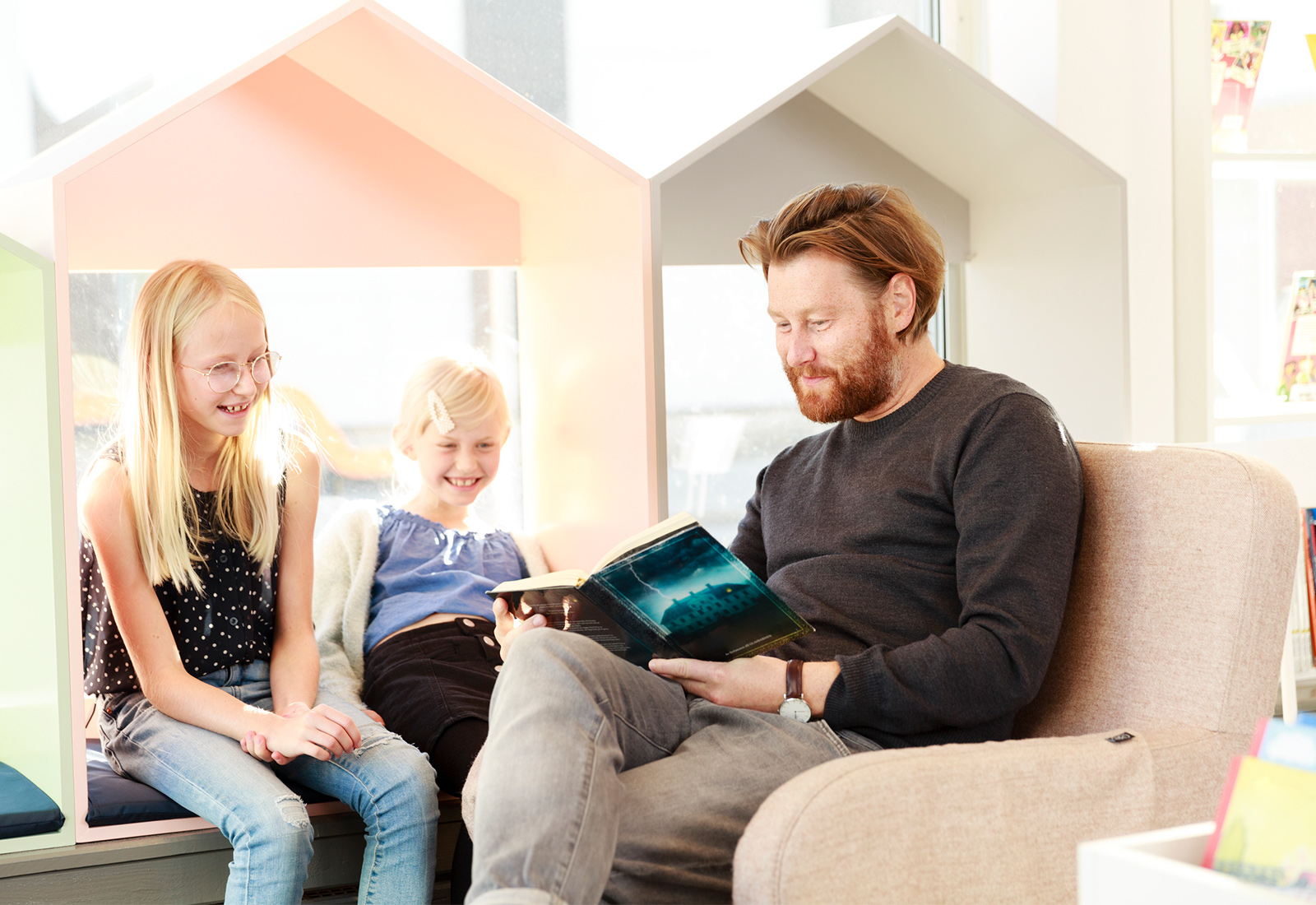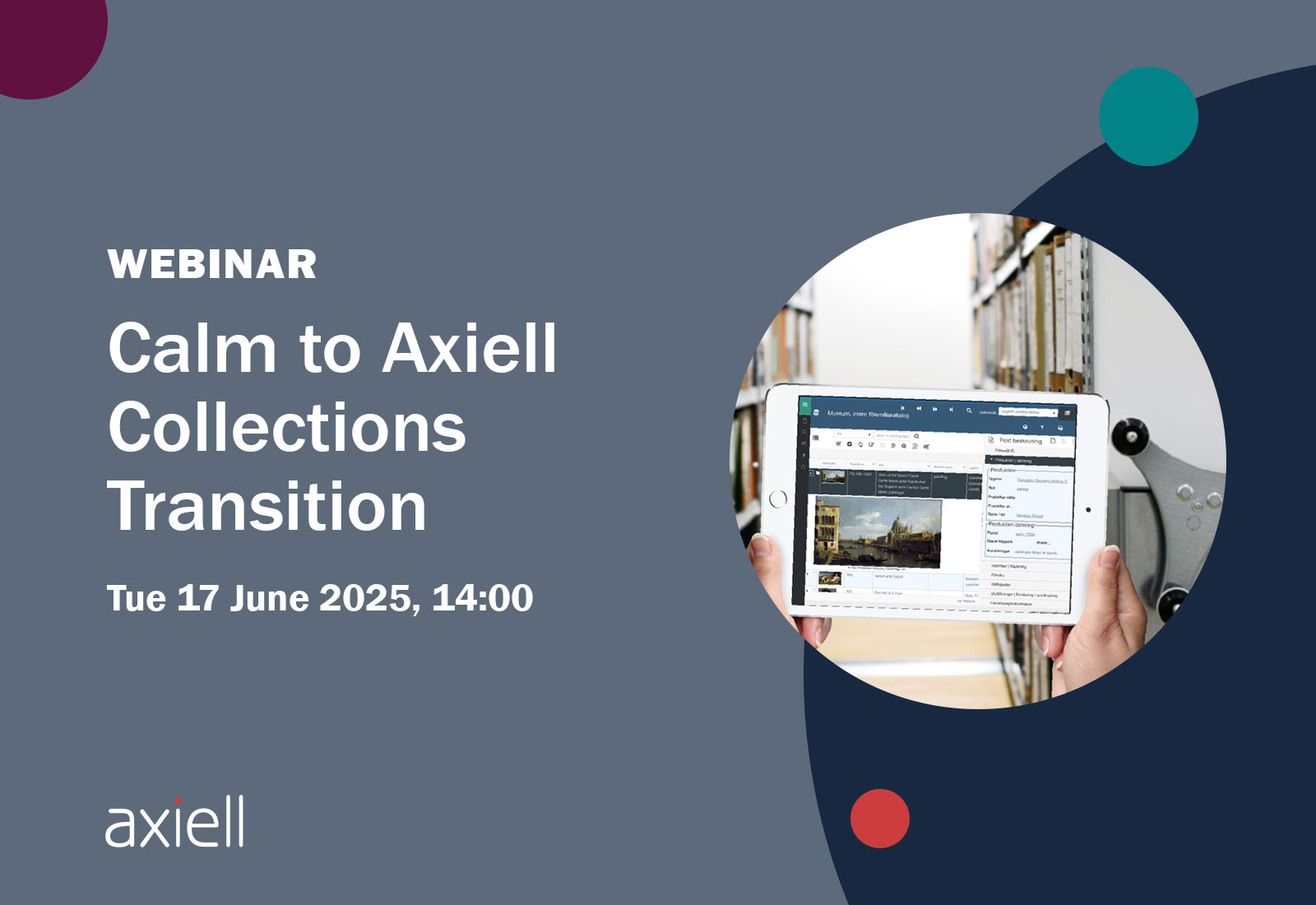Principal Anna Jangbrand, librarian Tobias Gard and Literature Educator Tin Carleson give us their best tips on how to promote literacy and a love of reading.
📚📚📚

Anna Jangbrand, Principal of Alléskolan, a school in the Swedish province of Åtvidaberg
Engaging reading and book talk
Through early shared reading experiences where students share what they have read in a conversational setting. This creates the opportunity for students to share their own experiences and the questions they have about the book and to listen to other students’ thoughts, which in itself creates the opportunity to understand the interpretation of others.
Feedback
Giving students the opportunity to feedback on what they have read. Asking questions in different ways allows for deeper thinking and creates a democratic space where everyone’s voices can be heard.
A varied collection of books
Having a rich and varied collection of books is important. Giving pupils the opportunity to take part in the acquisition of books can help motivate pupils to pick up a book.
📚📚📚

Tobias Gard, Librarian in the Swedish city of Trollhättan
Listen to children and let them read texts that interest them
We adults can guide children to find something to read, but we can’t decide for them. If children are to want to read a lot, reading must be fun and free of demands. Don’t kill the desire to read by preventing a child from reading something they really want to read. Also remember that all ways of reading are good ways. Listening to audiobooks is also reading.
Don’t underestimate books with lots of pictures in them
Today’s children are used to lots of pictures. Through their tablets, computers and mobile phones, they encounter lots of pictures every day. This is also evident when they choose books. Young people today also like to read illustrated chapter books and comic books. Don’t see this as a problem, but encourage all kinds of reading. Pictures can both help people understand a text better and make it more interesting and attractive.
Be a reading role model
Read a lot in front of the children around you and talk to them about what you read and why you like to read. If you tell children to read but don’t do it yourself, you won’t be credible. We adults like to stress the importance of reading. But by all means, don’t forget that it’s great fun and exciting too.
Make reading social
Reading is often something you do on your own. You don’t need a friend next to you to absorb an exciting story. But sometimes making reading a social activity makes it more interesting. For example, there’s hardly a child who doesn’t enjoy reading aloud. Moreover, reading aloud often leads to interesting discussions on topics raised by the text being read. Teachers and librarians can start book circles where children read the same books and discuss them with each other.
As you know, there are also online communities where you can log your reading, write about the books you have read and have exciting book discussions with other readers.
📚📚📚

Tin Carleson, Literature Educator at Trillevipp Litteraturpedagog
Encouraging readers
Reading is so much more than just sitting down with a book and reading. It’s also everything around it. It’s talking about and reflecting together on what you’ve read, knowing that the monster under the bed is something you can talk about, that the lollipops in the shop are the same as in Krakel Spektakel (which, according to Wikipedia) and for those outside of Sweden, is about “a girl who is looking for a wizard who turned himself into a glass of lemonade and drank himself”). It’s acting out something from the books, stepping through the wardrobe into Narnia, knowing the right spells. It’s empathising with or identifying with one of the characters and wanting to recreate the feeling from what you’ve read. It’s a sweater with Pippi Longstocking, a scarf with Gryffindor colours or having a towel that says ”Don’t panic”. It’s a marker saying ”I’m a reader” and maybe an invitation to conversation!
Distinguish between reading practice and reading experience
To become a good reader you need to practice reading, practice decoding, practice vocabulary and all the other things that go into the art of reading, but to remain a reader you need a love of reading! Once you start reading, some of that comes with it, such as vocabulary. But for the novice reader, the art of reading itself is so exhausting that the story itself is not always included. Above all, you need simpler books in terms of content and text when you are training yourself to read.
For the reading experience, on the other hand, it is the story, the content and the adventure that take centre stage. It’s relaxing, simple, exciting and can go straight to the soul. To find the pleasure of reading, the reader needs to absorb the book in his or her own way, with no tasks linked to reading. If one chooses to listen to the book, even the uninitiated reader can absorb a complicated and thick book. It can be a read-aloud, an audiobook from the library or any other service. To want to read, you need to understand the treasures inside the book’s pages, and one way to do that is by listening!
Finding the right book for the right child
There are many good books, but not all books are suitable for all children. There are, of course, several aspects. The layout and the typography. There should be just the right amount of text in just the right size font with just the right amount of line spacing and with just the right amount of pictures for this particular reader. Then, of course, there is the content. Fantasy or realistic? Historical or contemporary? Animals or people? How should it be told? It’s all about navigating the right way. Good encounters between books and children often come about through collaboration between those who know the child, the pupil and their interests (teacher, parent) and those who know the books (librarian) together with the prospective reader. It sometimes takes time, but there is a book to suit every child. You just have to find it!




